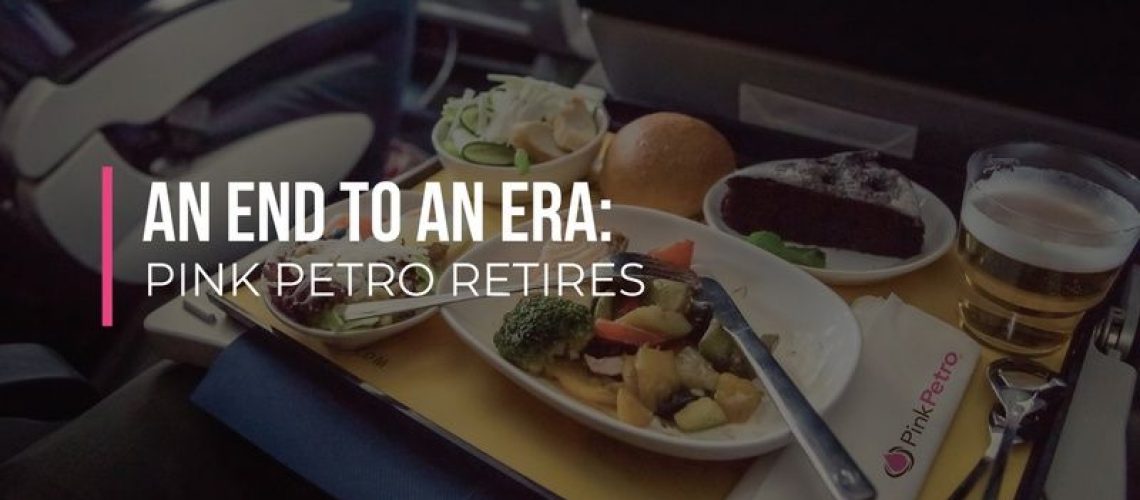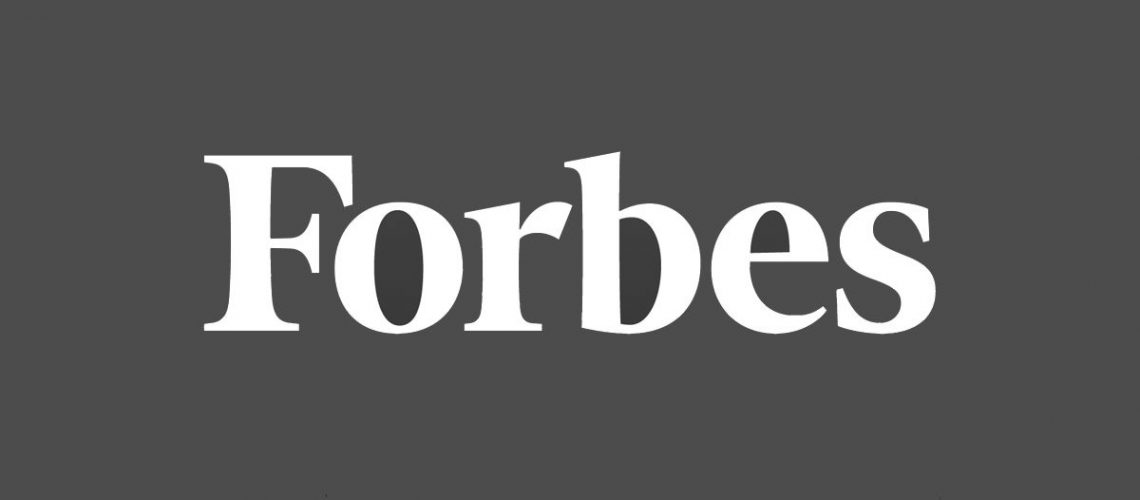If you’ve ever worked in any business, literally anywhere, you’ve probably experienced silos. Here’s how pervasive they are: Machiavelli actually was referencing the idea of silos in 1513.
If you are keeping score at home, that would be 504 years ago. A few things have changed.
In most offices, though, nothinghas changed. You still hear “That’s a HR thing” or “That’s a marketing thing” all the time. If you’ve worked for one of the big oil companies with operations at scale, I’m sure it’s frustrated you a few times that something can’t get done because it’s an “accounting thing” and not a “sales thing.”
Silos are pervasive.
Broader point is: we see this at the macro level of our industry too. There’s fossil fuel people and there’s green people. A lot of times, those two silos get right at it butting heads. At some level, it’s about the economic security of the people involved -- last week in Jersey, for example, fossil fuel job growth apparently sliced green job growth. Some of the earliest headlines about Trump talked about how he, as a fossil fuel “fan,” still couldn’t “stop” the growth of green.
This might sound a little simplistic, and I apologize if it does, but these arguments are less than stellar. There’s no “A” vs. “B,” especially in pretty volatile economic times. There is a place for both fossil people and green people; over time, because of environmental concerns, we’ll probably see a shift to different sources. That’s also not a “us” vs. “them” deal; we just need to retrain the fossil-centric people on the green-centric concepts if that happens. (And honestly, most of the core work is similar.) It’s the same thing that needs to happen as we automate factory workers out of jobs: we need to, ideally, retrain them into other jobs. This keeps the economy humming.
You know what else keeps the economy humming? Energy.
So we need everyone. All hands on deck. No more “us vs. them” silo stuff. There’s a place for all.
This broadly represents a bigger issue in business.We’re supposed to live in a “platform economy” now (think social media, or sites to help you solve a problem immediately, i.e. even Amazon). Instead of thinking thatway, though (platforms), we still think about everything in terms of competition. Platforms would addvalue to multiple people/companies; competition takes awayvalue from one company at the expense of another.
Look, I love healthy competition. It keeps us on our toes. I’m sure most of you are too. But the economic models that drive us forward are changing and have been for years. We can’t view everything as “us vs. them” or “If they make more money or get new drills/pipelines, I lose money.”
We need to think of things in a more inclusive and connected way than we have been.
Rita McGrath talks about“management’s three eras.” It all began with execution, as most of us produced widgets in factories. We had to be effective and hit numbers. As organizations evolved, we added expertise on top of that. Those were the two “Es” that dominated much of the last century in how we thought about work. Now we need a third “E:” empathy.
Empathy is tied to inclusion.
It’s about understanding different perspectives and not immediately viewing them as a threat to where you sit.
We work in the most dynamic industry there is. But we need to tweak the model and see inclusiveness and empathy as priorities for the next generation. This is a large chunk of what we’ll be discussing at HERWorld, and I’d love to see you there.
PS - Just SAY NO to silos. Like drugs, they're a little 1980s.
PSS - You can read last week's inclusion piece here: How Inclusive Communities People and Companies are Gearing for the Next Era of Energy and watch Regina Mayor with KPMG here speak about it in her keynote last year: 2016 Pink Petro HERWorld Energy Forum Keynote: The Inclusive Workforce



